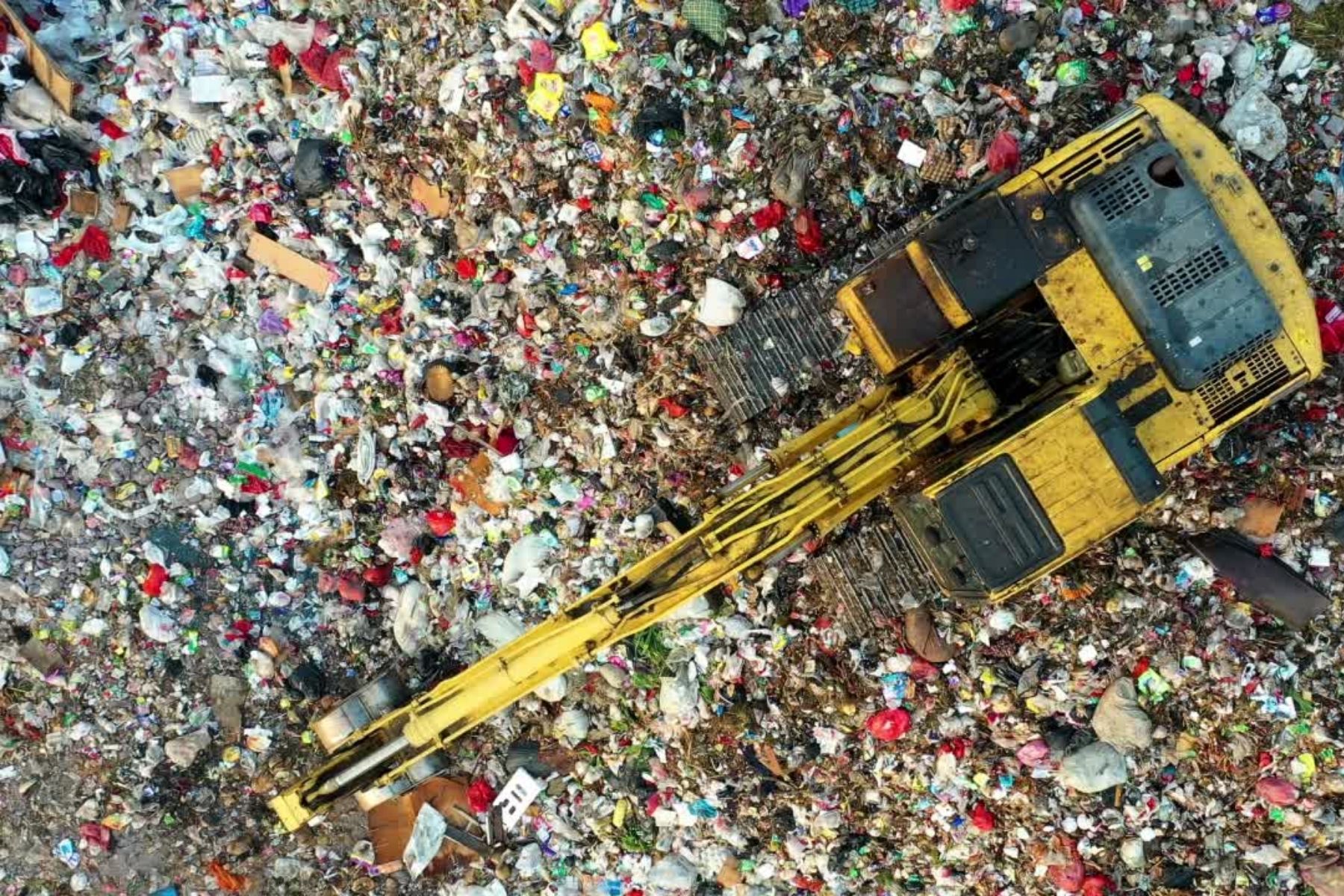
Connecticut’s incinerator is shutting down - now is not the time to expand a polluting ash disposal facility.
Good news! Connecticut’s incinerator – the Materials Innovation and Recycling Authority (MIRA) Incinerator - will be shutting down in 2022, after over 40 years of burning trash from almost 60 Connecticut towns. This is incredible news for residents in Hartford and surrounding towns as they’ve dealt with high rates of asthma and other diseases due to air pollution directly related to this plant burning 24 hours/day, 7 days per week.
Unfortunately, a regional commercial ash disposal facility in Putnam, CT is planning to expand which will harm acres of wetlands and a local tributary that feeds the Quinebaug River. Instead of expanding our waste facilities and investing in further pollution, Connecticut should refocus its efforst on Zero Waste policies which help to prevent waste before it starts and protect our communities, air and water from harm.
Environmental Justice Communities at Risk
MIRA, like many incinerators around the country, is located in Hartford, an environmental justice community, with a majority of people of color and low income overburdened by numerous sources of pollution.
MIRA burns about a half million tons of trash each year. When trash is burned, not only is air quality impacted but the ash from burning trash must be collected and stored. MIRA ships the ash to a disposal area in Putnam, CT, another economically distressed community. The site is owned by the town and Wheelabrator and managed by Wheelabrator Putnam, a regional commercial facility that has been operating since 1999. The 9 million cubic yard facility, originally conceived to accommodate and dispose of ash from all of Connecticut's energy-from-waste facilities, receives over 700,000 tons of ash per year from several in-state and out-of-state energy-from-waste plants.
Ash is trucked to the facility and stored in lined pits and covered when full. Wastewater generated by the site is collected and treated at the Town of Putnam Water Pollution Control Facility. Permittees must monitor the site and report to the CT Department of Energy and Environmental Protection but concerns about leakage and contamination of soil, ground and surface water sources remain, particularly if flooding occurs.
Wheelabrator Putnam’s business model is to generate revenue by importing ash from CT sites like MIRA and around the region and they want to expand by 68 acres. They claim that more area is needed to accommodate more ash. The expansion will eliminate acres of wetlands and a local tributary that feeds the Quinebaug River.
How can this be? MIRA is shutting down which means CT should have less ash but Wheelabrator Putnam is likely to get approval to expand to accommodate more ash—permanently impacting local wetlands, waterways and perhaps be a source of future pollution, including PFAS.
Why is this and what can we do?
Let’s face it, managing our waste is a huge problem! Our throw-away lifestyle and consumer- oriented society creates lots of trash - 1,370 lbs per household/annually in Connecticut. Our trash has to go somewhere and our current system of ‘out of sight, out of mind’ hasn’t helped and recycling rates of quality materials remains low, around 35 percent.
Connecticut made decisions years ago to move away from landfilling and shift to “waste to energy” incinerators that burn trash, creating some electricity. All of that sounded good but we continue to generate more trash and waste-to-energy incinerators are neither efficient, nor clean, renewable sources of energy! And, incinerators contribute to air pollution and generate ash - lots of it!
The solution.
Cities across the country and the globe are adopting Zero Waste resolutions and policies to significantly reduce waste. While there might always be some waste, the goal is to recover, repurpose and reuse every material that is discarded. Sorting food scraps/organics, improved sorting of recyclables, glass, paper and other products is key.
Adopting these policies at the local and state level will significantly reduce our waste going to incinerators and filling ash disposal sites. CT is working hard to move in this direction and we all must do our part. So, is there really a need for Wheelabrator Putnam to expand operation in CT when incinerators are closing? Do we need to assure their profit as they import more ash from the region? Zero Waste, not expanding a polluting ash disposal facility and destroying wetlands, is the better solution for Connecticut! To learn more and get involved in this campaign, join our email list or contact ahulick@cleanwater.org.


